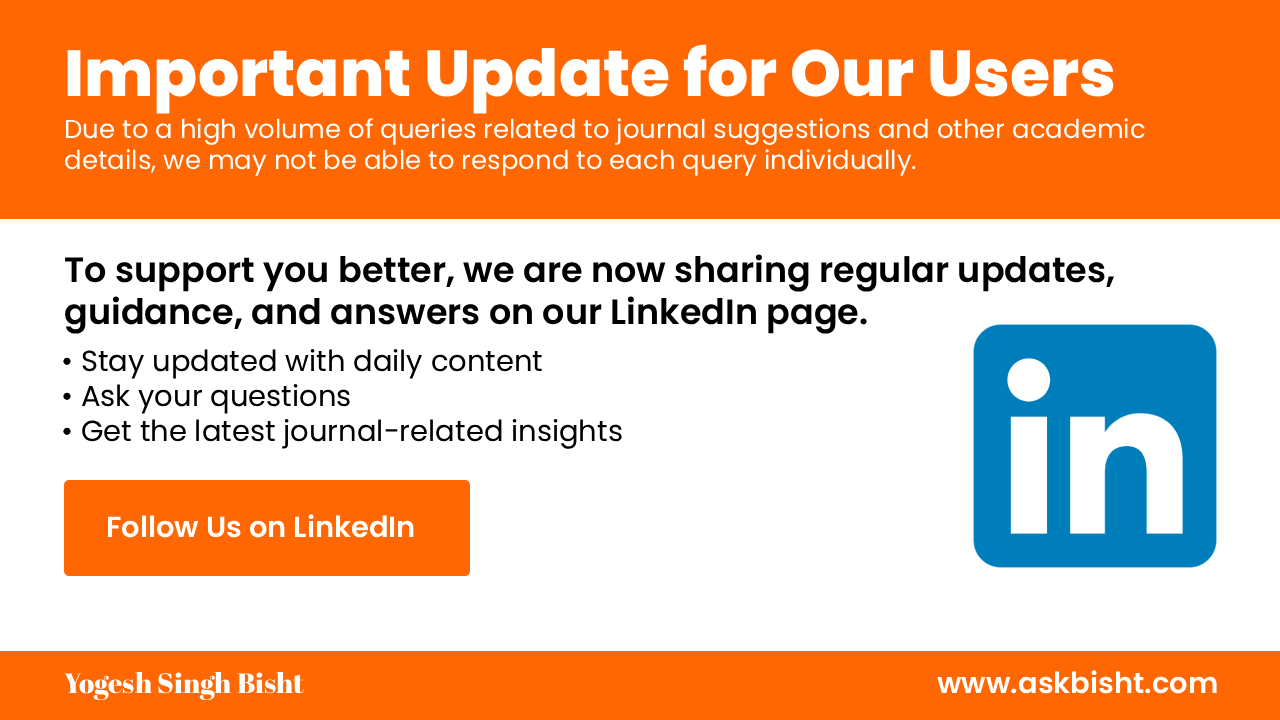International Journal of Educational Methodology
Published by Eurasian Society of Educational Research (Journal Finder)
eISSN : 2469-9632
Abbreviation : Int. J. Educ. Methodol.
Aims & Scope
International Journal of Educational Methodology (IJEM) aims to provide a forum for original and theoretical studies in education.
The journal publishes fully refereed papers which cover applied and theoretical approaches to the study of education.
Papers should constitute original research, and should be methodologically sound, theoretically informed and of relevance to an international audience.
The journal is particularly interested in research that aims to inform educational practice(s) within and/or across sectors.
IJEM, more specifically, accept papers mostly on the subjects listed below: • Adult Education • Art Education • Curriculum & Program Development in Education • Distance Education • Early Childhood Education • Education & Behavior • Educational Assessment & Evaluation • Educational Economics & Finance • Educational History • Educational Leadership & Management • Educational Management • Educational Philosophy • Educational Policy • Educational Psychology & Counselling • Educational Sociology • Ethics & Social Responsibilities • Enviromental Education • E-Learning • Health Education • Higher Education • Information & Communications Technology in Education • International & Comparative Education • Language Education • Lifelong & Continuing Education • Mathematics Education • Music Education • Rural Education • Science Education • Social Sciences Education • Special Education • STEM Education • Teacher Education & Development • Vocational Education & Training
View Aims & ScopeAbstracting & Indexing
Journal is indexed in leading academic databases, ensuring global visibility and accessibility of our peer-reviewed research.
Subjects & Keywords
Journal’s research areas, covering key disciplines and specialized sub-topics in Social Sciences, designed to support cutting-edge academic discovery.
Licensing & Copyright
This journal operates under an Open Access model. Articles are freely accessible to the public immediately upon publication. The content is licensed under a Creative Commons Attribution 4.0 International License (CC BY 4.0), allowing users to share and adapt the work with proper attribution.
Copyright remains with the author(s), and no permission is required for non-commercial use, provided the original source is cited.
